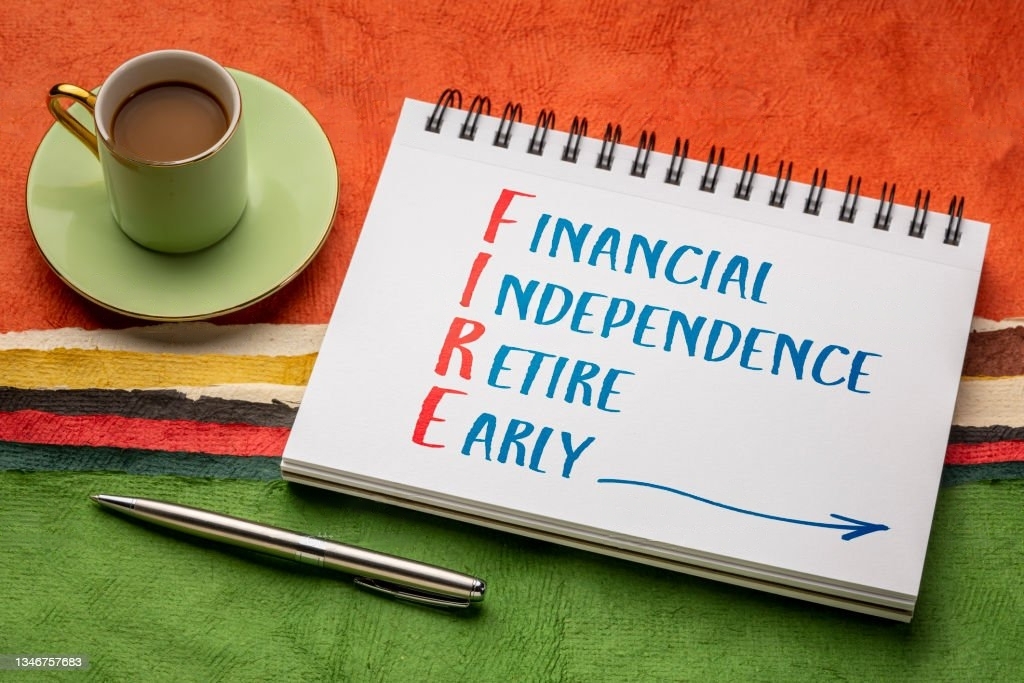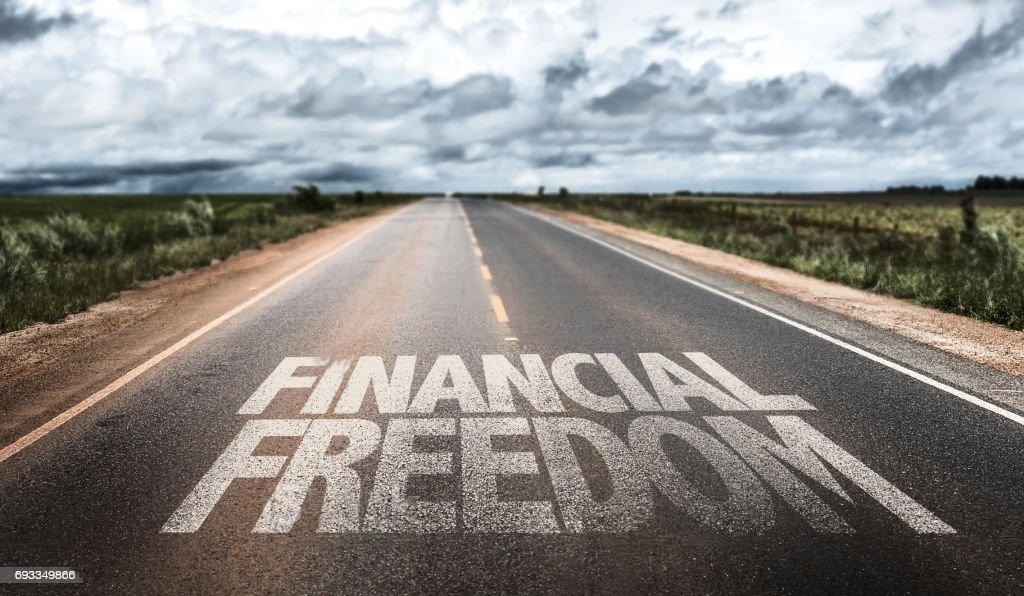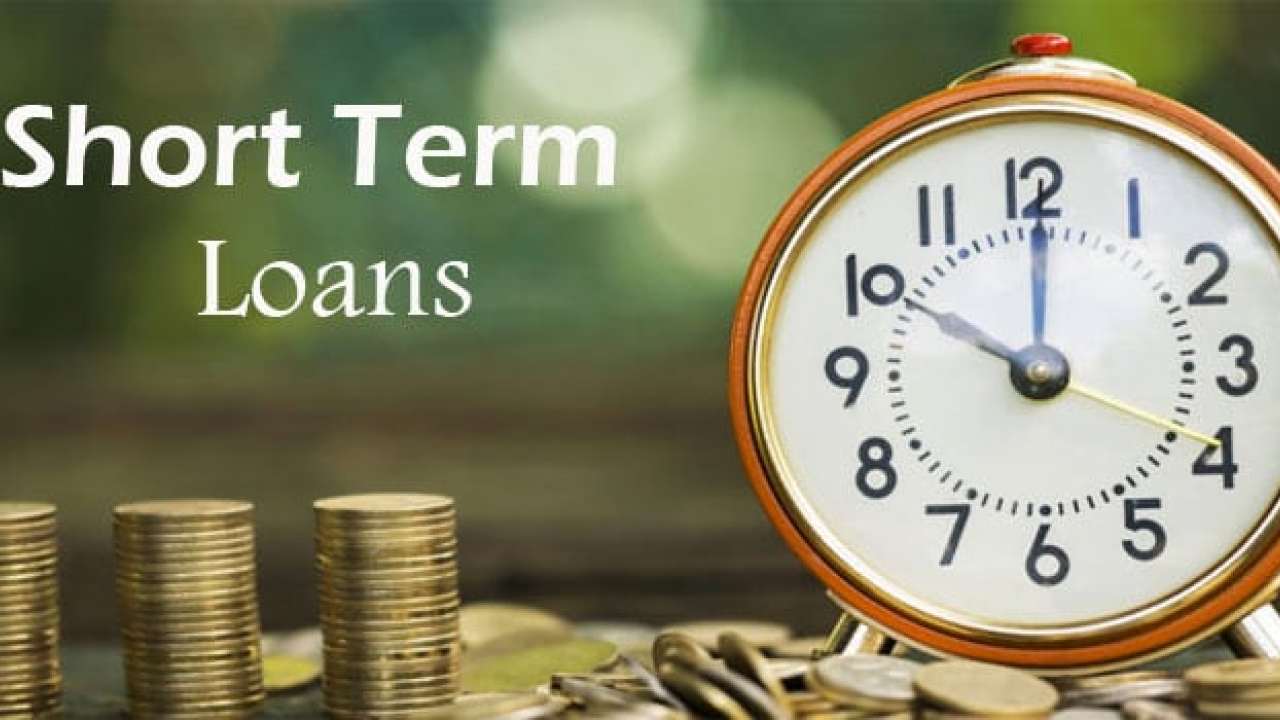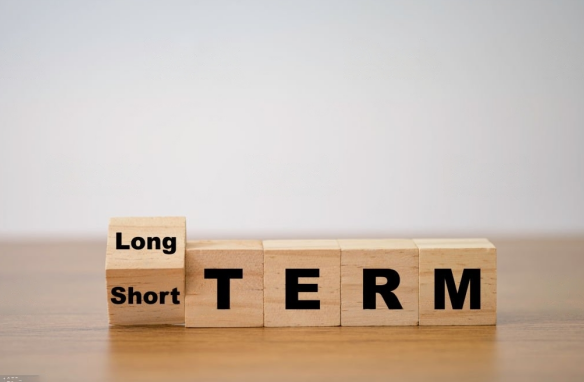Introduction

Financial independence is a complicated concept. It's easy to get lost in the thicket of financial jargon and terms, but if you understand what it means to be financially independent, you can start on your path toward FI. Here are some key steps toward unleashing your financial independence:
The Four Pillars of Financial Independence
Financial independence is the ability to live a comfortable life without having to work. The term "financial independence" refers to your ability to live without working. It doesn't mean that you're rich, it just means you're not reliant on your income or savings for everything in life.
There are four main pillars of achieving financial freedom: time freedom (the ability to do what you want), money freedom (being able to spend how much and where), freedom from debt (no more credit card bills), and being able to retire early at age 55 or older with no jobs left behind
Key to achieving financial independence is building an emergency fund.

An emergency fund is a savings account that you have set aside for unexpected expenses. The idea is to be prepared for sudden events, like illness or injury.
When it comes to building an emergency fund, there are three key steps:
- Create a goal—First, set aside enough money every month from other sources of income (such as Social Security) so that your monthly expenses will be covered. Then add up all of your monthly expenses and divide them by 12 months or 18 months; whichever period is shorter will be the amount of time it takes before those funds are depleted completely if there's a major expense during those periods (like medical bills). Once you've determined what percentage of each paycheck goes into savings each month, make sure that number stays constant over time so that no matter how much money comes in or goes out during different times in life—or even when someone else needs help paying bills—the amount saved doesn't dip below zero because they've been paying off debts instead!
- Build wealth through investments—Now comes the fun part: building wealth by investing wisely! If possible invest some percentage directly into stocks and bonds instead of just putting money into CDs or mutual funds; this way when interest rates rise again someday those assets could appreciate significantly higher still."
Insurance.
Insurance is a smart way to protect yourself against unexpected events. It can help you recover from an unexpected event, save for the future, and build a nest egg.
Insurance policies are sold by insurance companies that are regulated by state governments and the federal government. The policies themselves are made up of three basic parts:
- A contract between you and your company (usually called an "ownership interest"). This contract states what your coverage is, when it begins, and how long it lasts—for example if you buy fire insurance for $500 annually in 2020; or if you purchase homeowners' policies on three separate properties with coverage extending from 2018 through 2023 (or until maturity).
- A series of legal documents known as "coverage agreements" that defines exactly what type(s) of losses are covered under each policy type; these agreements also describe how much money will be paid out as benefits if something goes wrong due to natural causes like storms & earthquakes etc.. For example: If there's an earthquake then we'll pay someone up front but after 30 days they'll have earned enough interest just by collecting premiums so they don't need our money anymore..
Investing.
Investing is a long-term process that requires patience and dedication. It's not for everyone, so don't expect to get rich overnight. You'll need to be disciplined, patient and persistent in order to see results over an extended period of time (and it can take years).
Investing isn't cheap either; there are certain costs associated with investing that most people aren't willing or able to pay if they're earning low income (which is why I recommend starting off by saving 10% of your income). If you're looking for ways around this problem but still want some way out of debt without having an early retirement plan like the kind outlined above then check out our article on how much money will really change your life once you retire!
Finances and Frugality.
Frugality is a crucial component of financial independence. It's important to save money, but you also need to budget your income and expenses so that you can meet your goals. That's why it’s essential to pay off debt before investing in the stock market (or any other investments) so that you don't end up paying interest on something with no return--and then having those high interest rates eat into your future earnings!
If you're serious about FIRE, then learning how to invest wisely is critical. Think about what kind of returns are acceptable for each type of investment: stocks? Bonds? Mutual funds? Insurance policies? Different people have different needs when it comes time for retirement planning; some might want more conservative portfolios while others may opt for higher-risk strategies like stocks or commodities trading options instead.*
The steps to investing and building an emergency fund are crucial to reaching FI.
The steps to investing and building an emergency fund are crucial to reaching FI.
- Having a savings account is the first step in this process. This can be as simple as putting money into a high-yield savings account, or it could be as complicated as opening up an IRA with a financial advisor. Either way, you'll want to keep track of your balance so that you don't end up wasting time trying to figure out how much money is in there (or losing it).
- Next comes investing! If you're going through this alone, then the best way for most people is through index funds—that's what I did prior to getting my first paycheck and building my portfolio from there.* Investing early is key because it allows us more time to make educated decisions about which companies we want our money invested in.* After putting away some cash each month for several years without touching it again until retirement age (which varies depending on how long ago someone became financially independent), our investment accounts should have grown significantly larger than they were when we started working towards FIRE.* Finally: retiring early! This means having enough saved up before turning 65 years old so that we can enjoy a life free from worry about whether or not our investments will continue providing us value over decades ahead."
Conclusion
I hope this post has helped you learn more about the steps to getting to financial independence. As I mentioned earlier, it’s important for you to make sure that your emergency fund is prepared for any unexpected expenses or emergencies. You may also want to consider investing in index funds rather than individual stocks because they have lower fees and higher returns over time. Whatever decision you make next will depend on how much risk you are comfortable with taking on as well as what type of return goals lead into your ultimate goal of FI!





